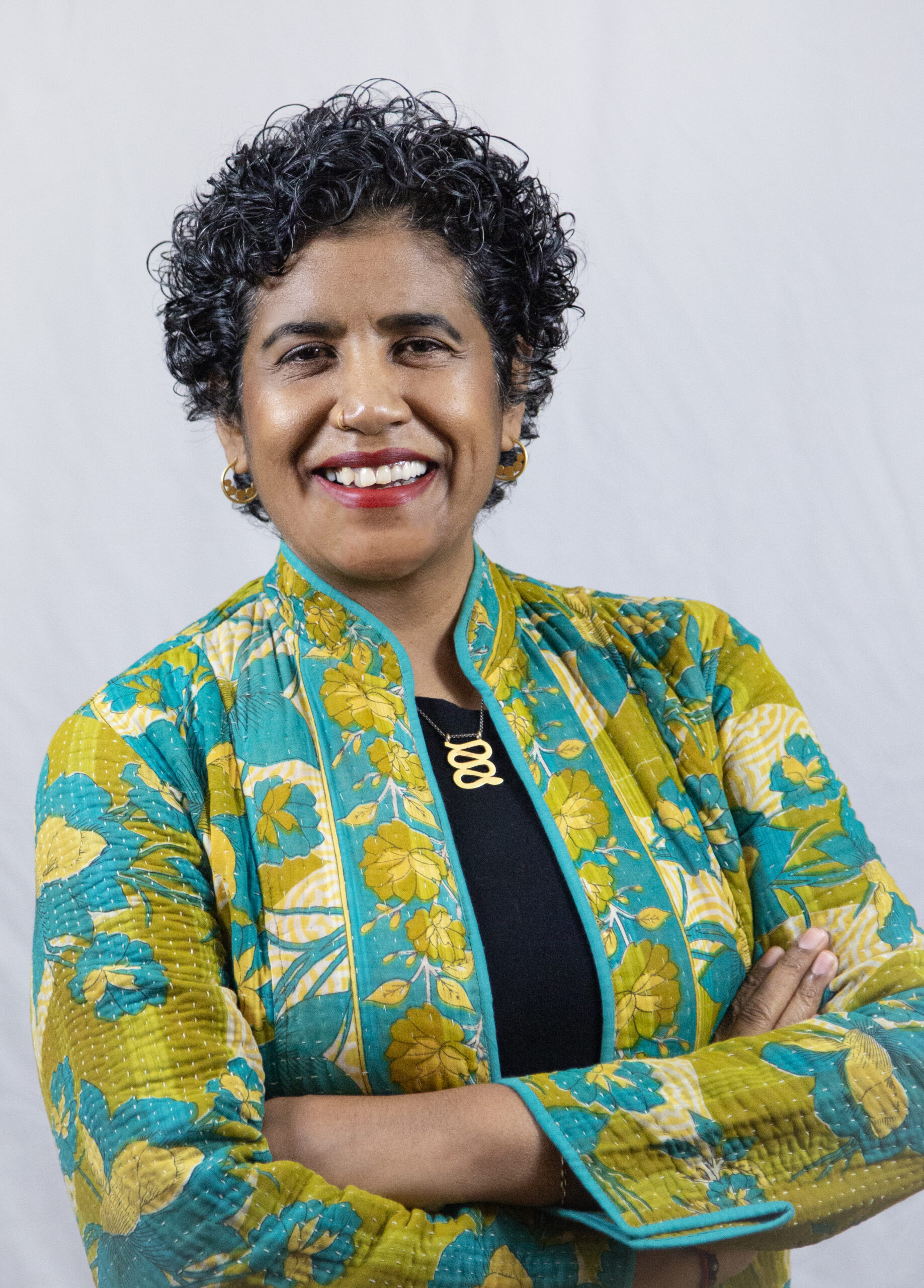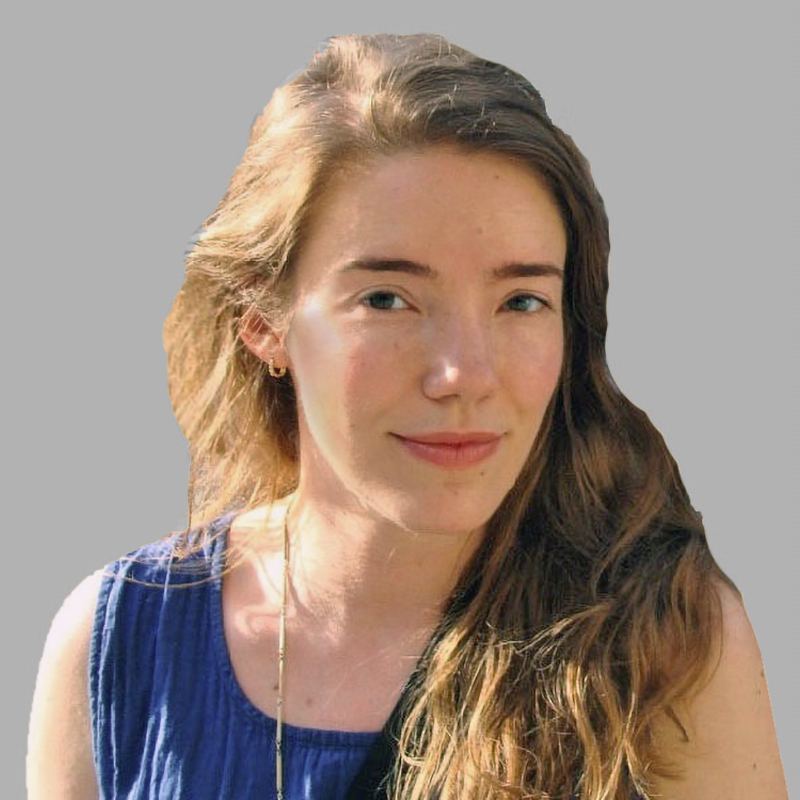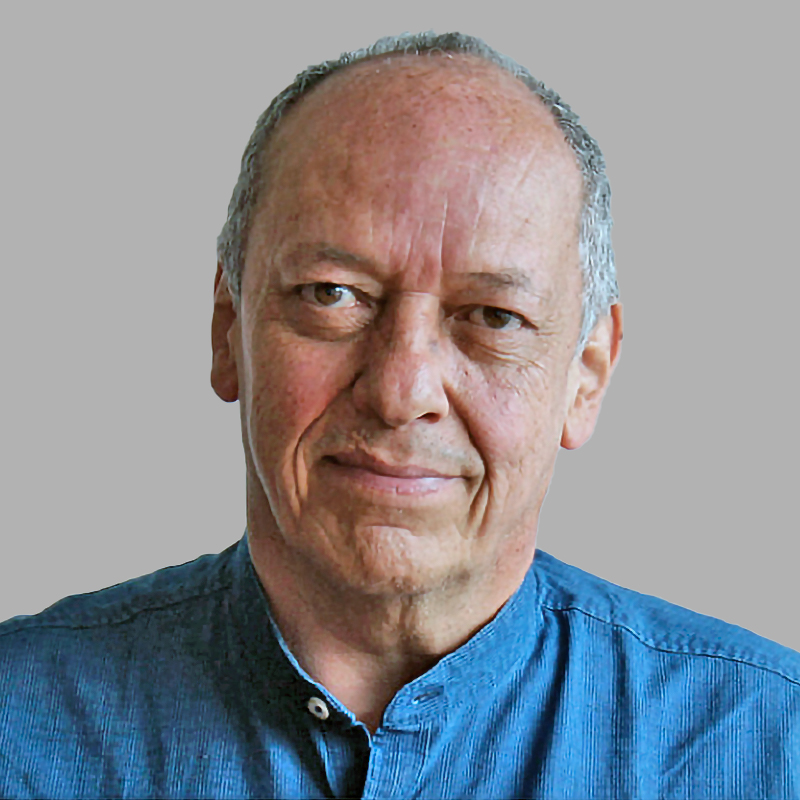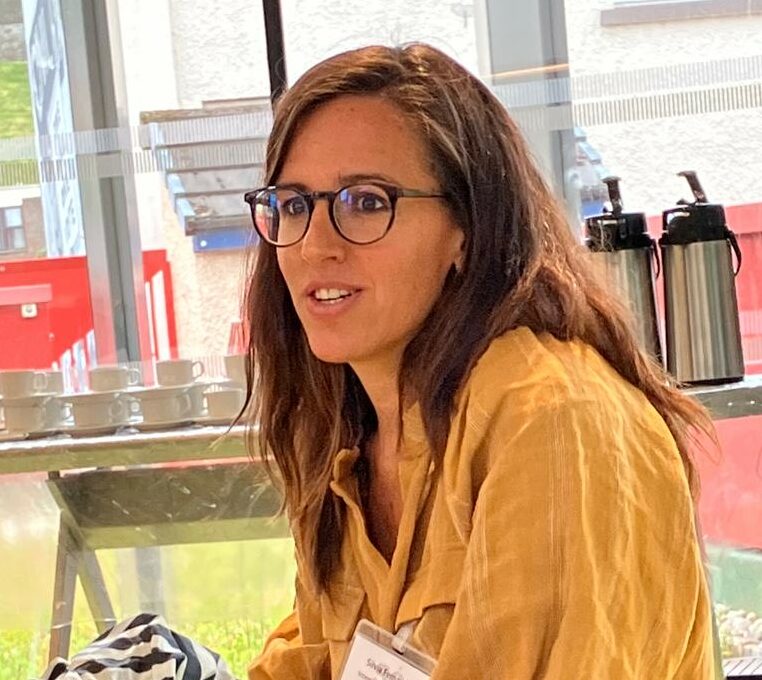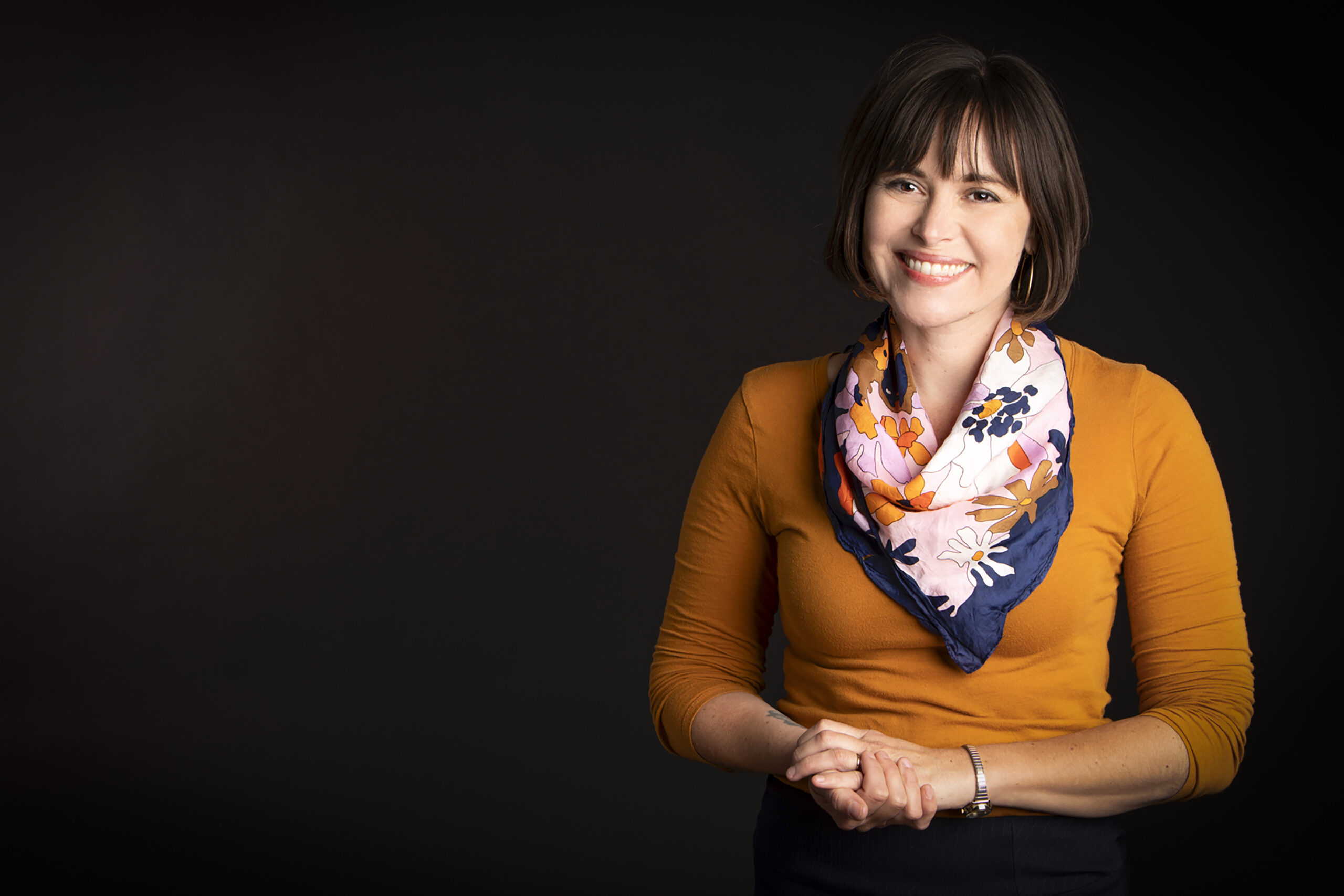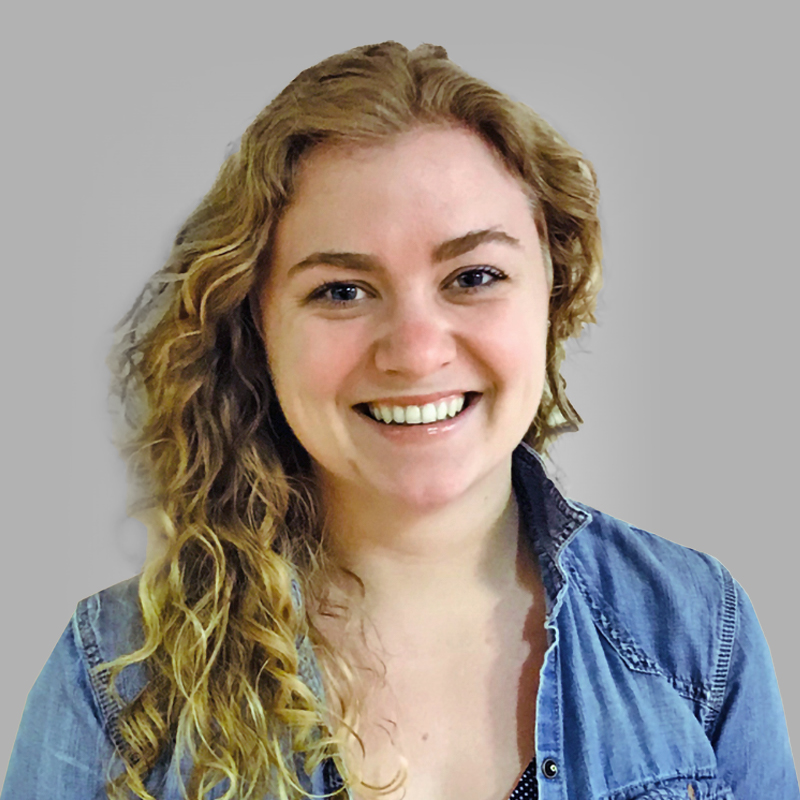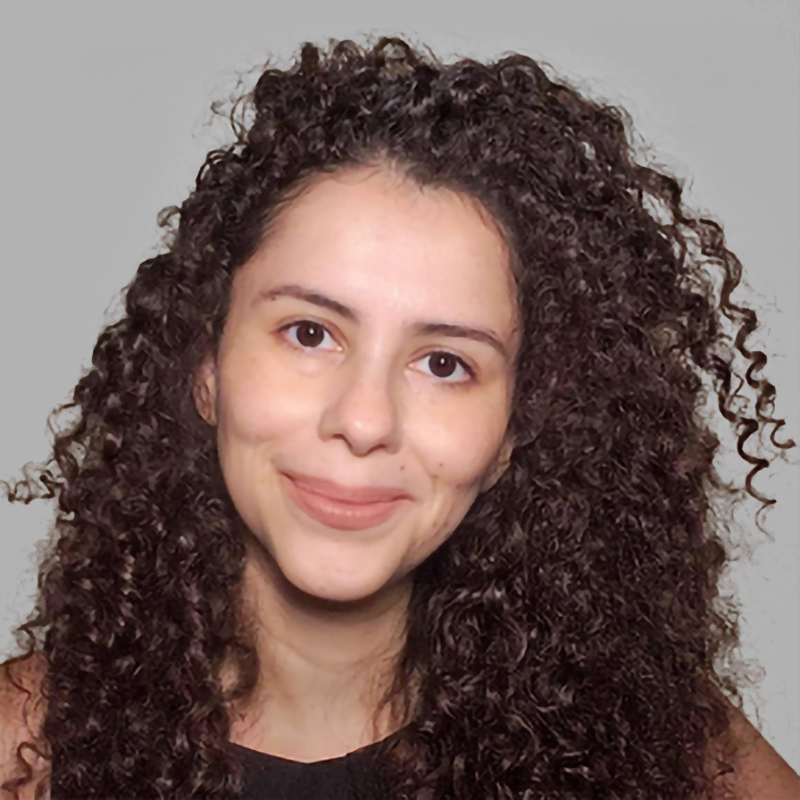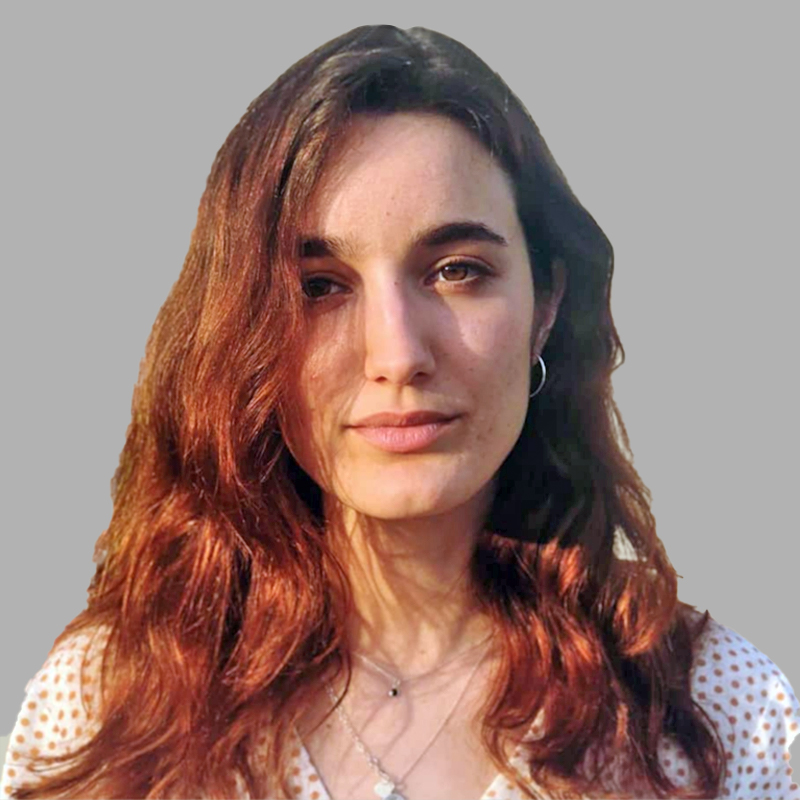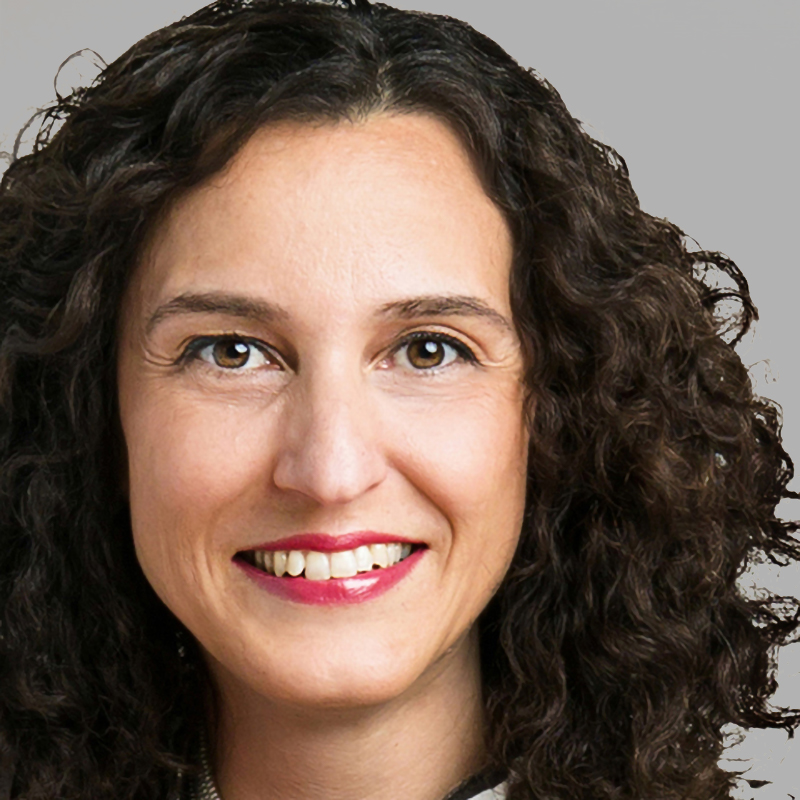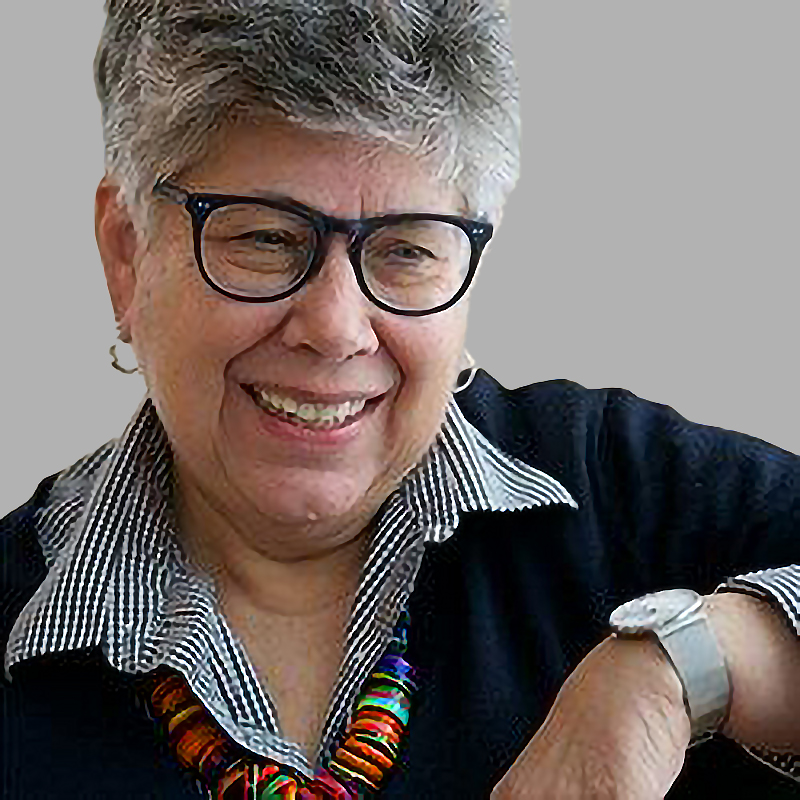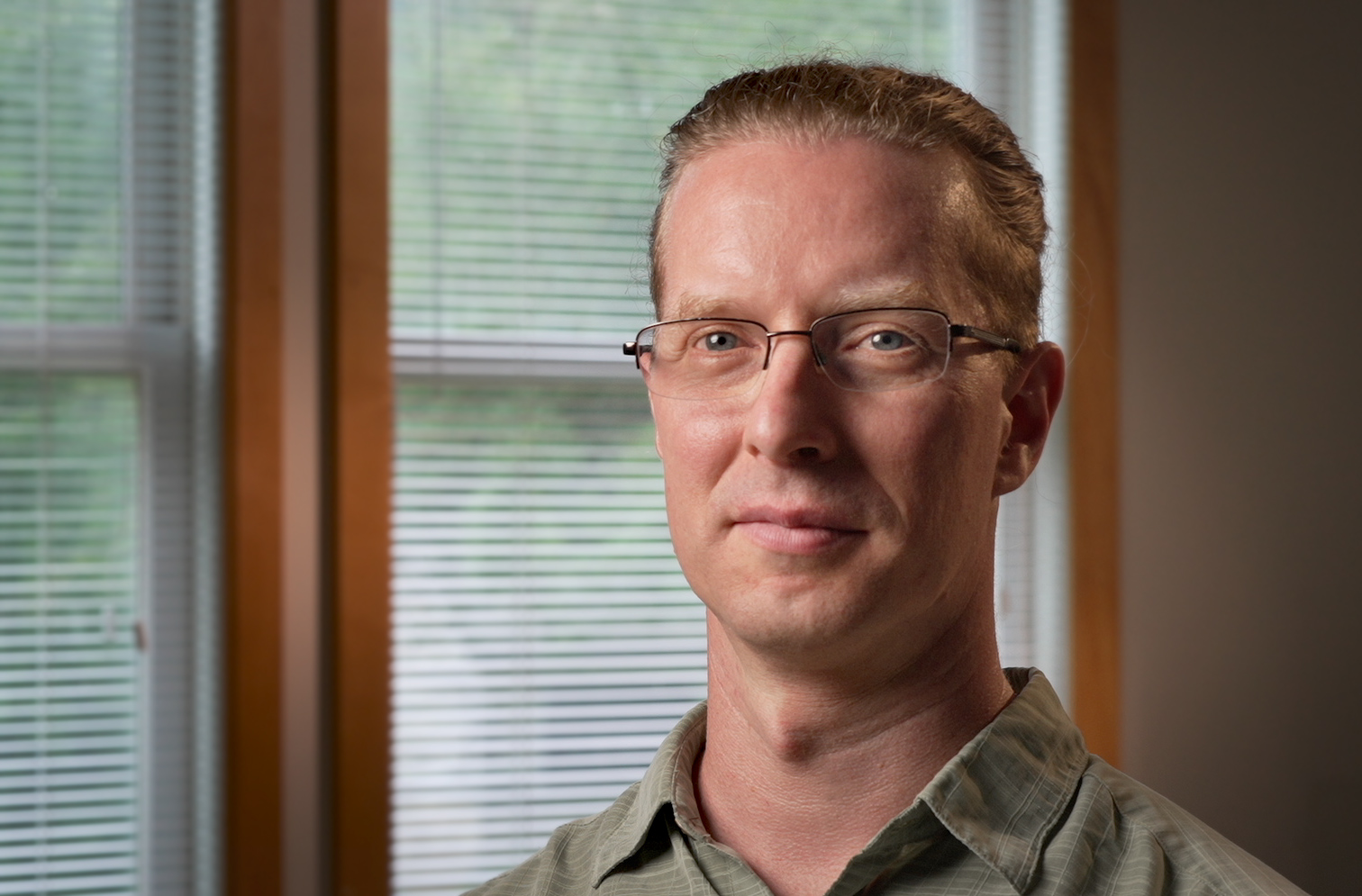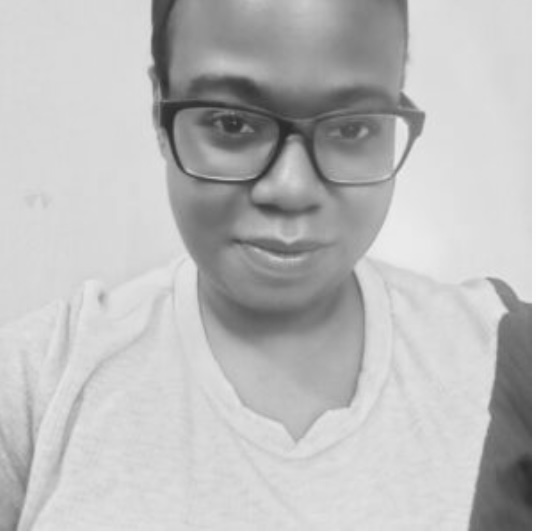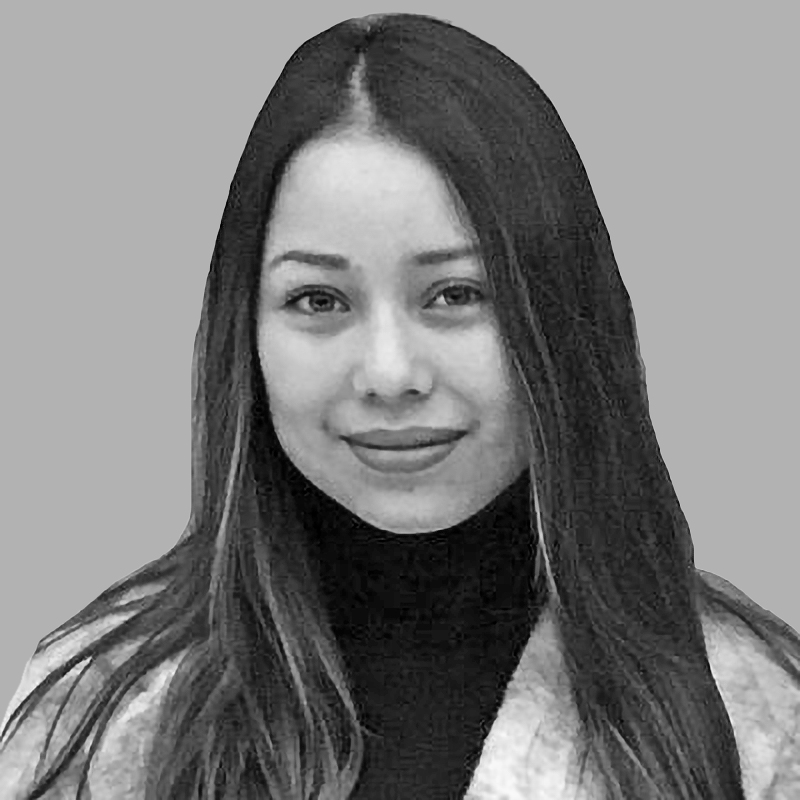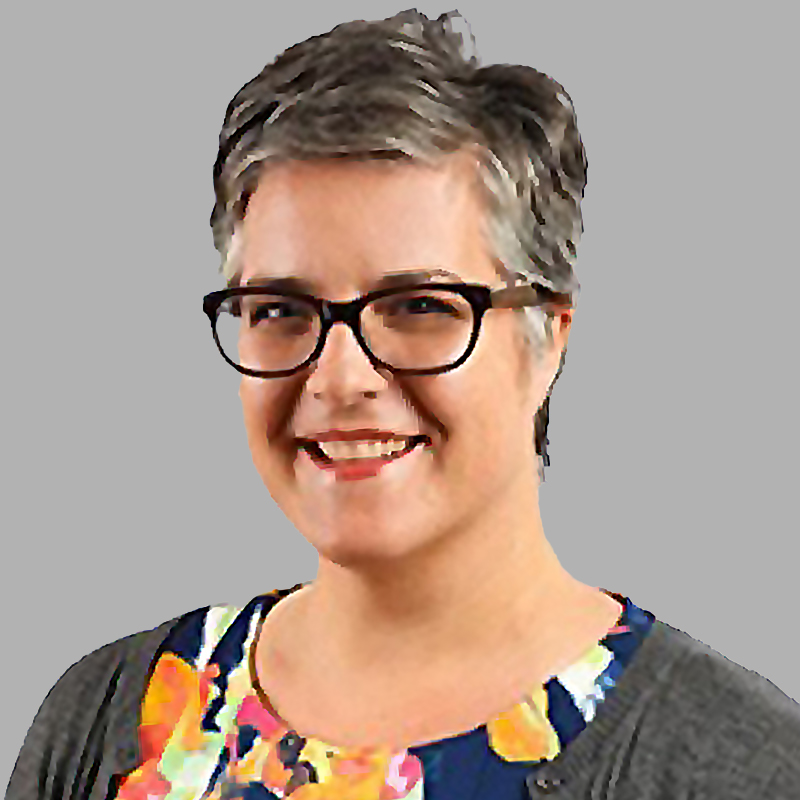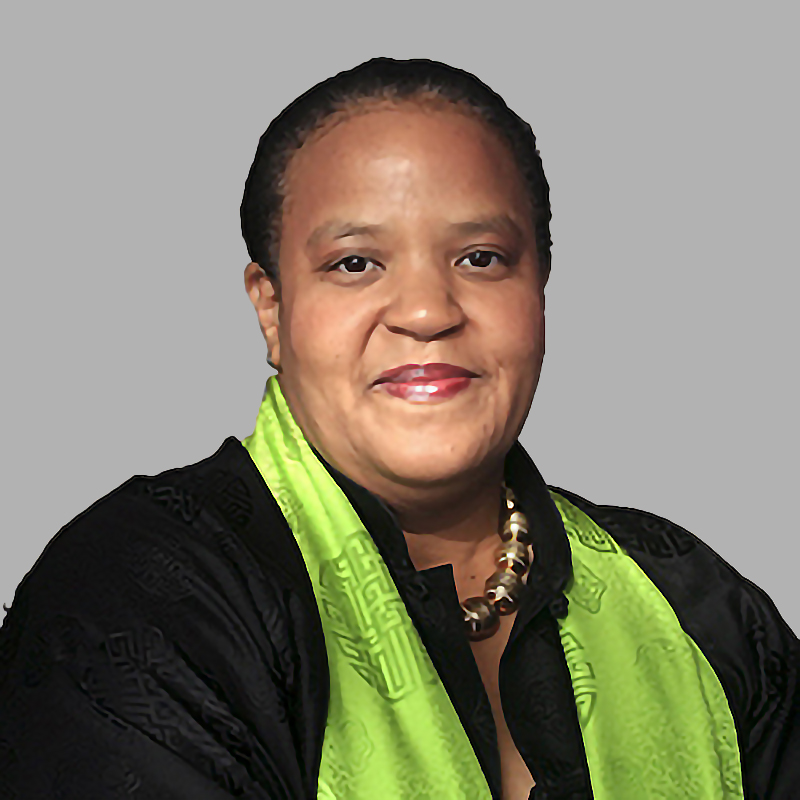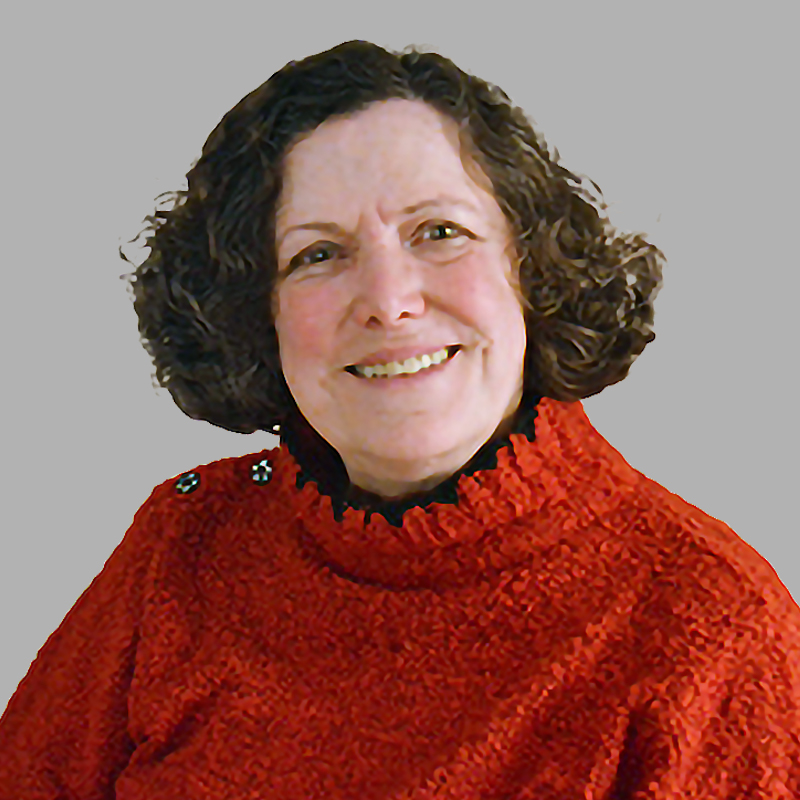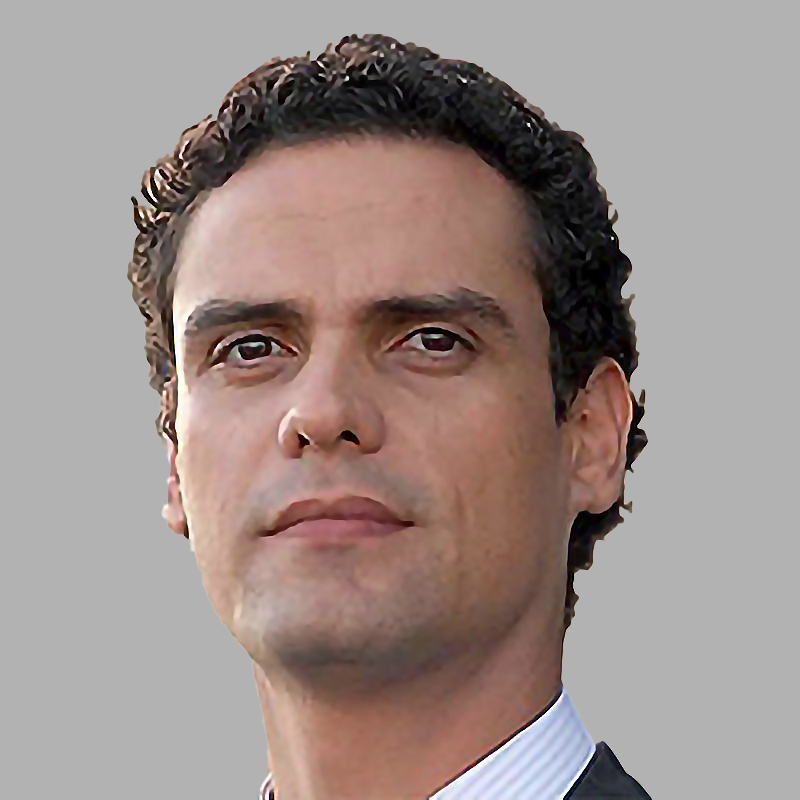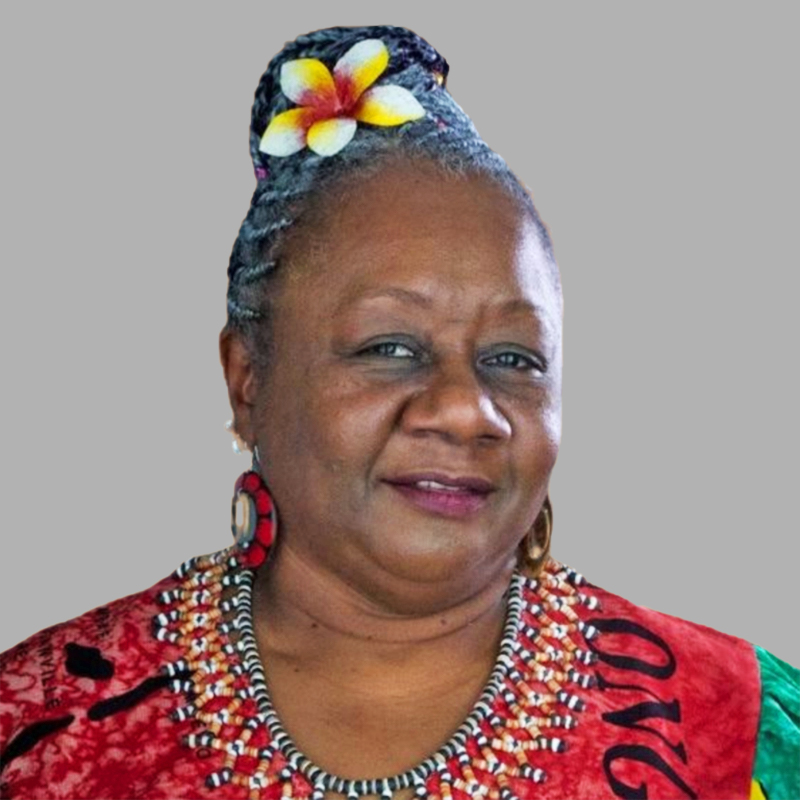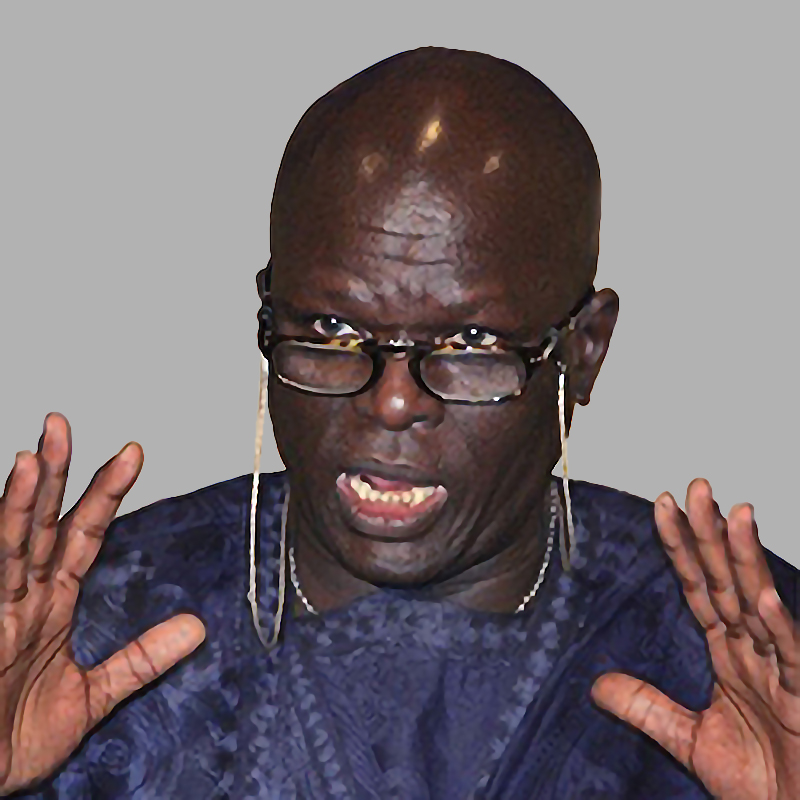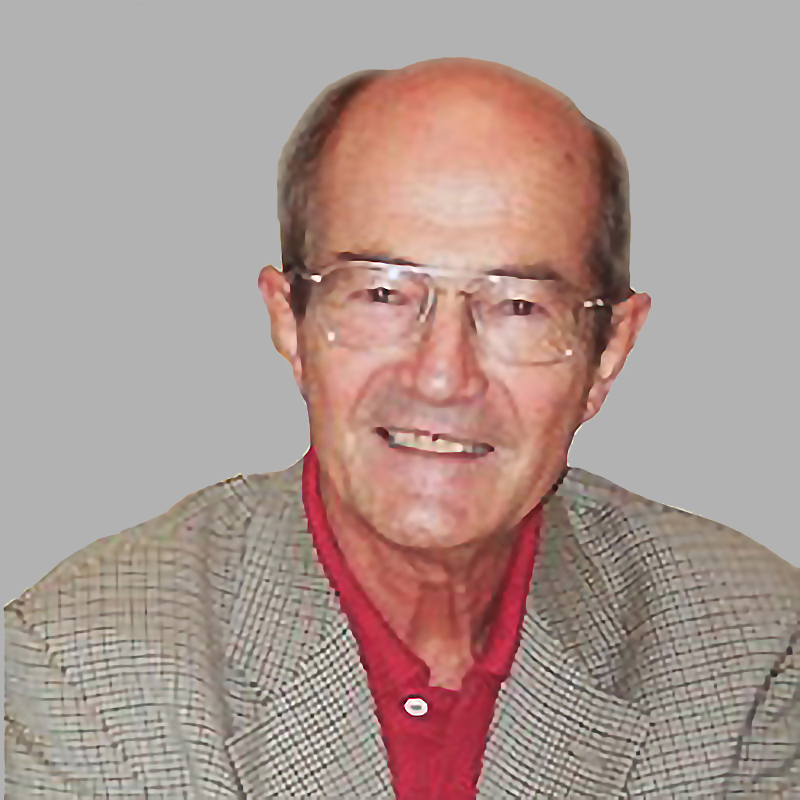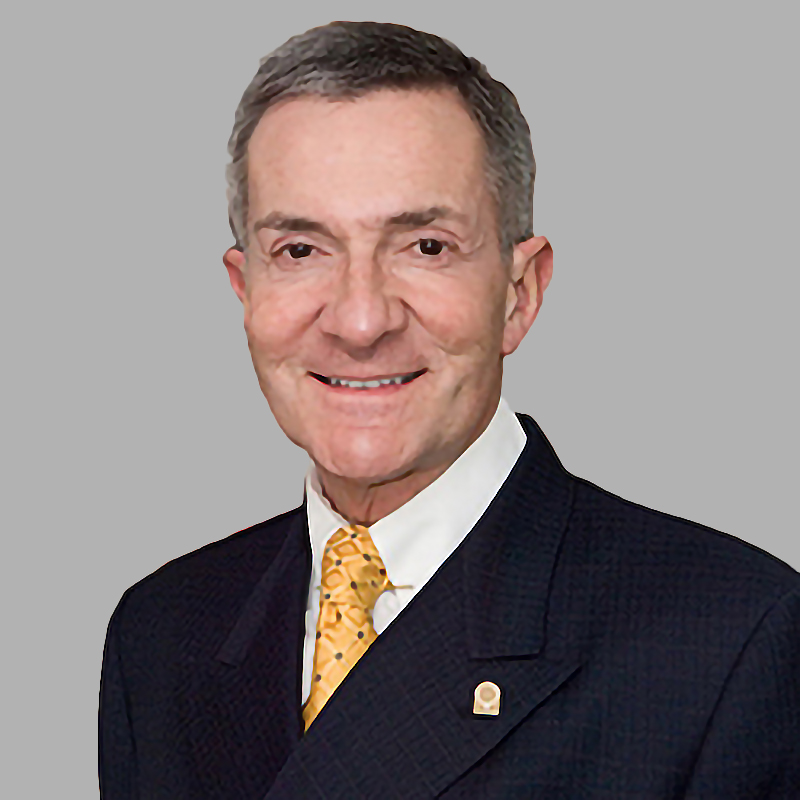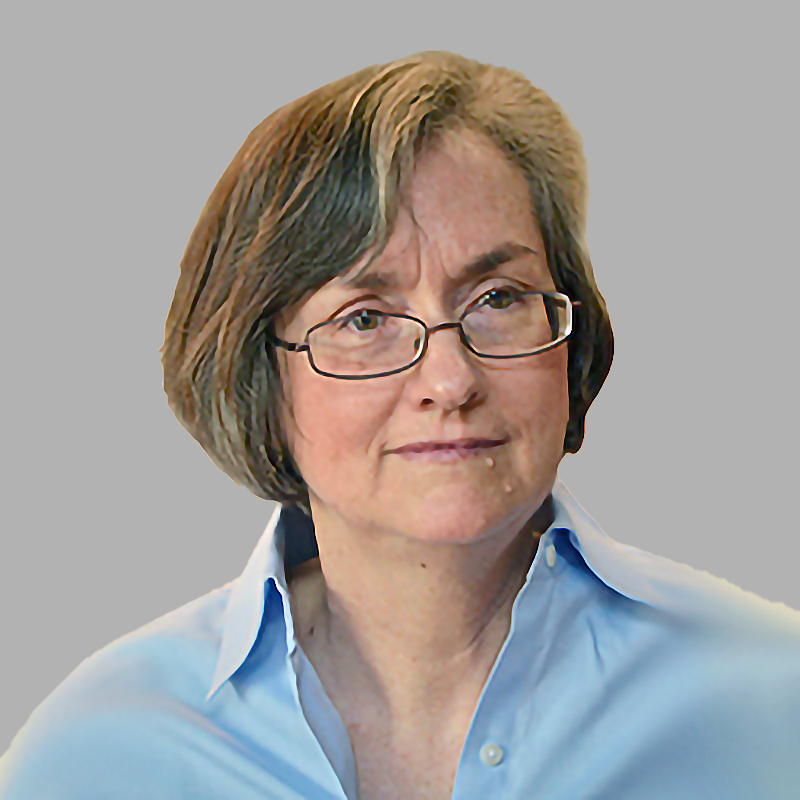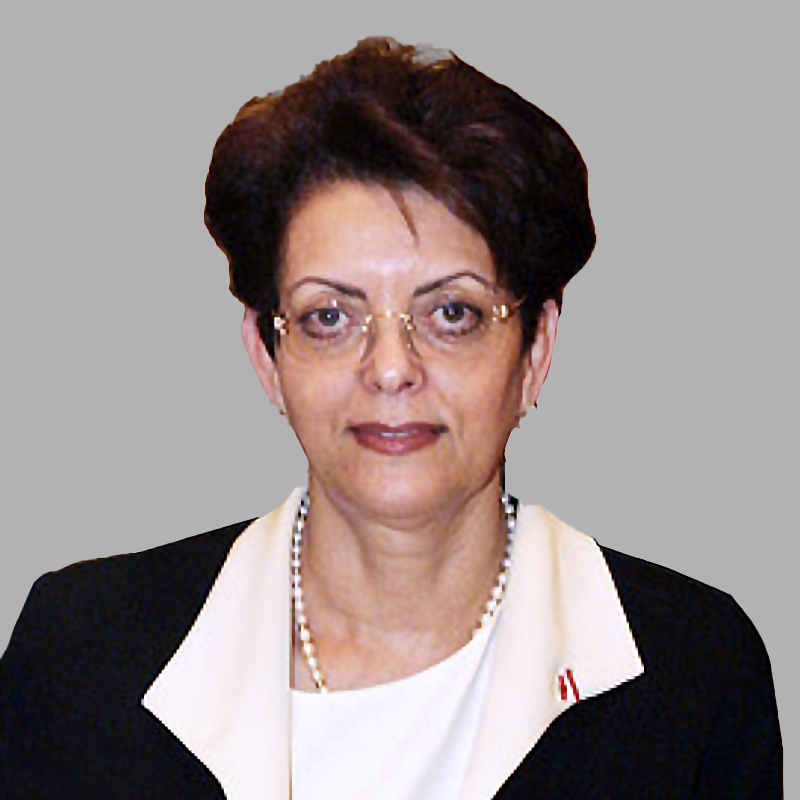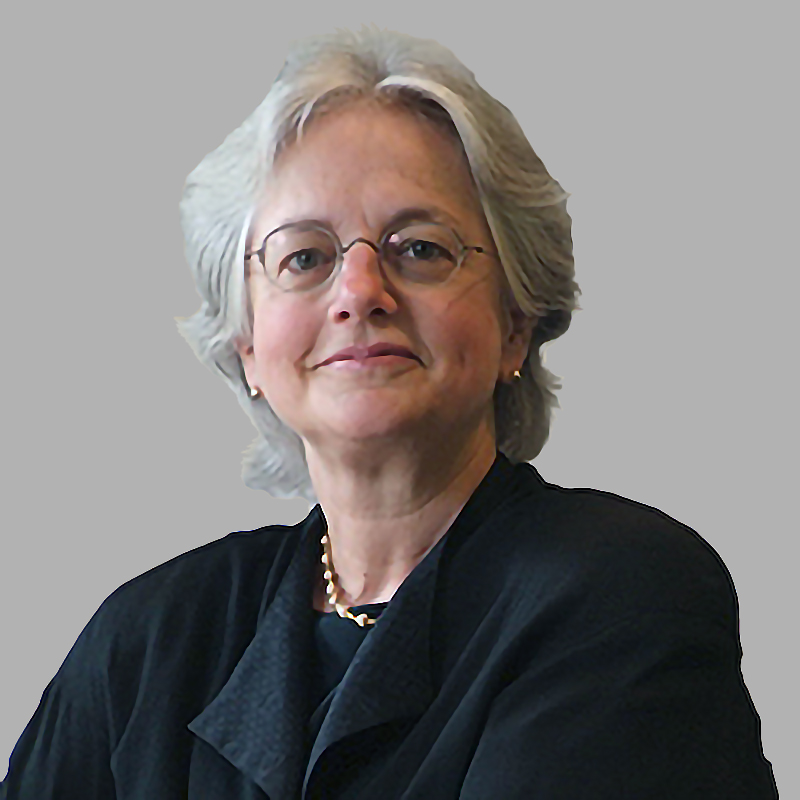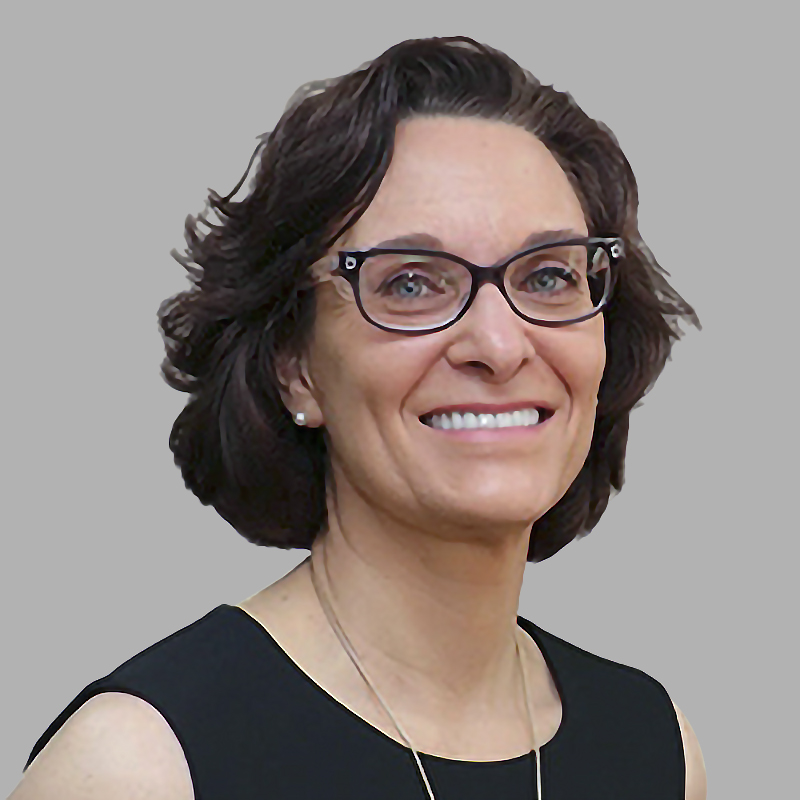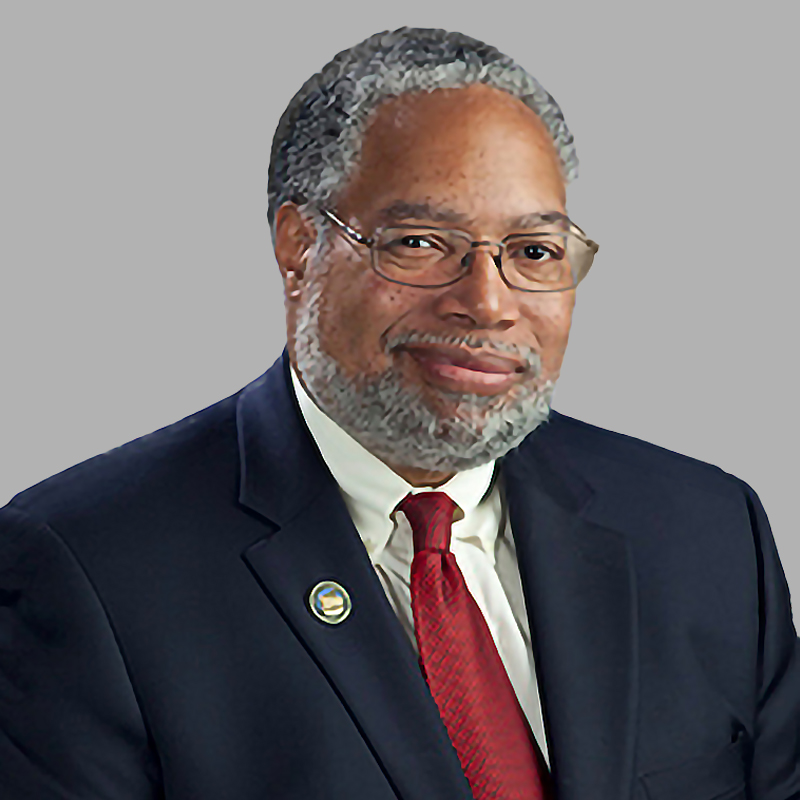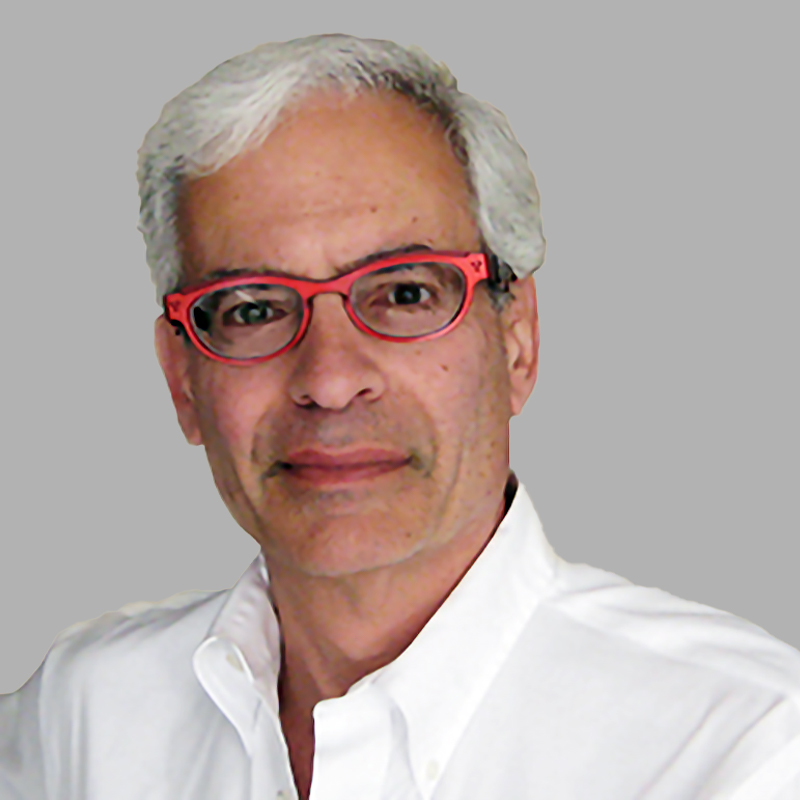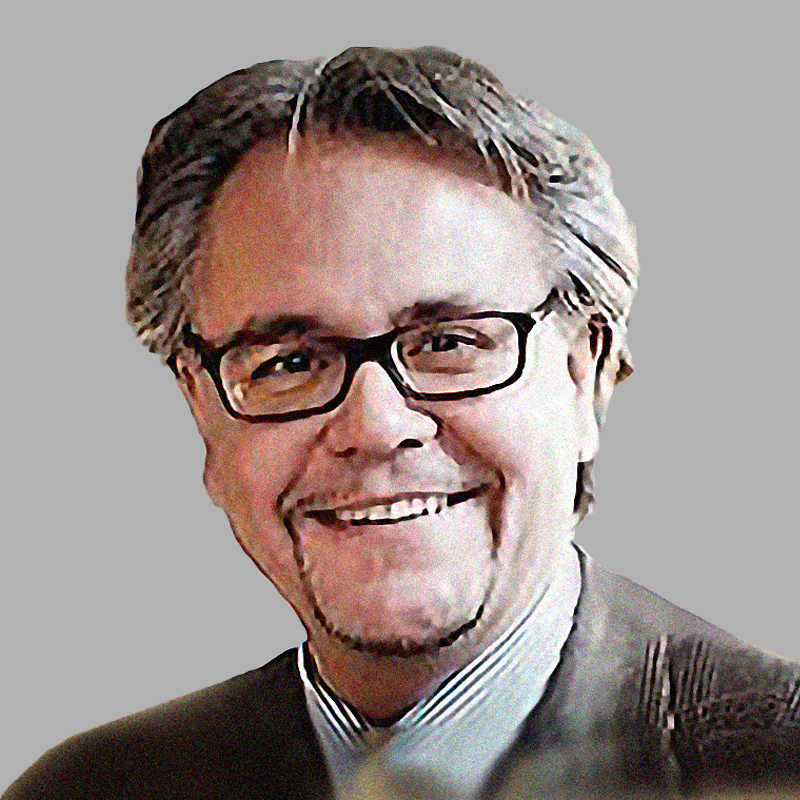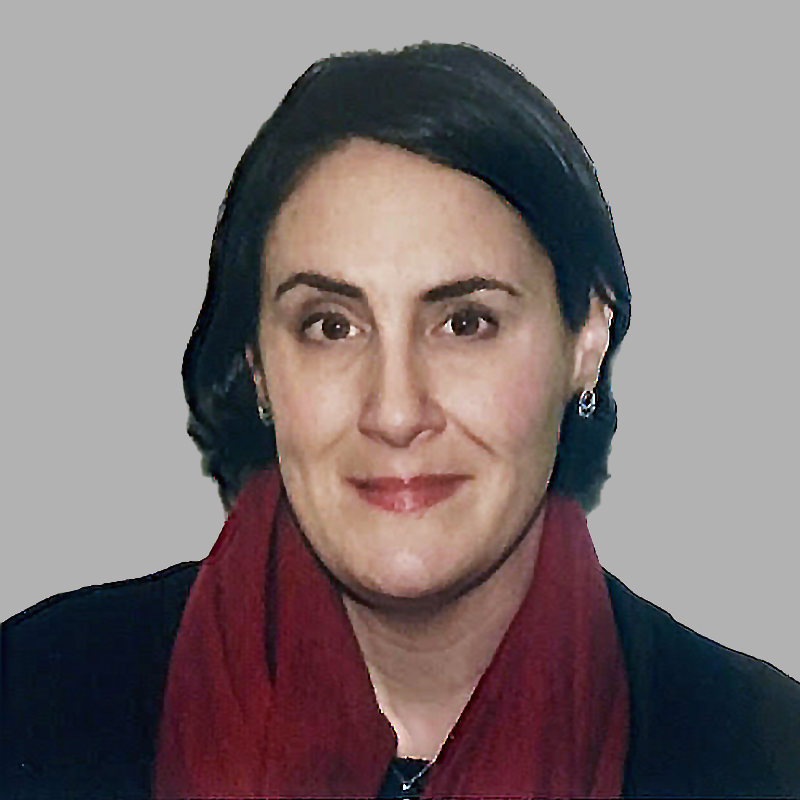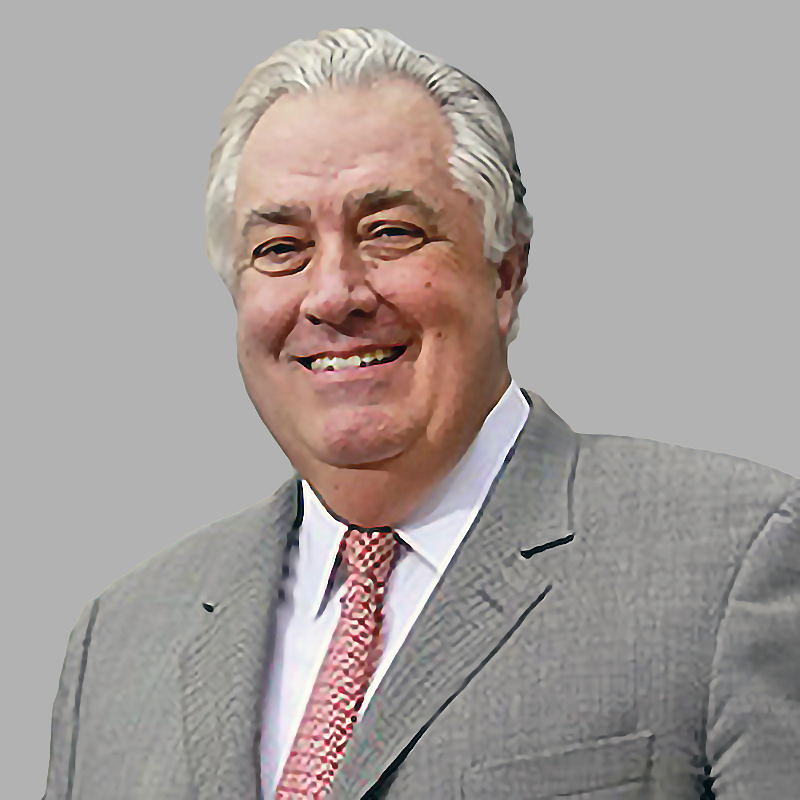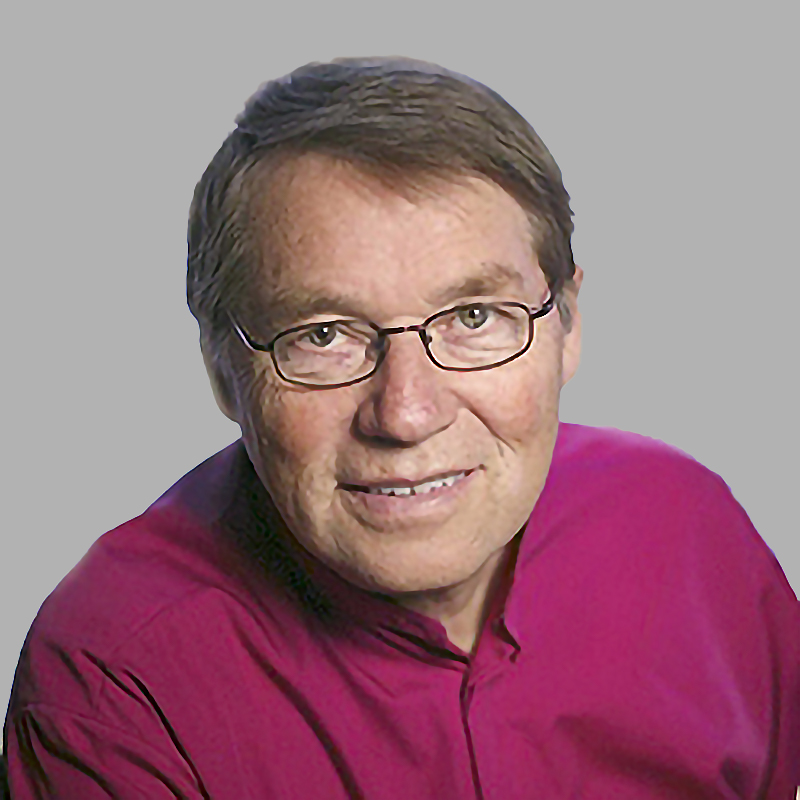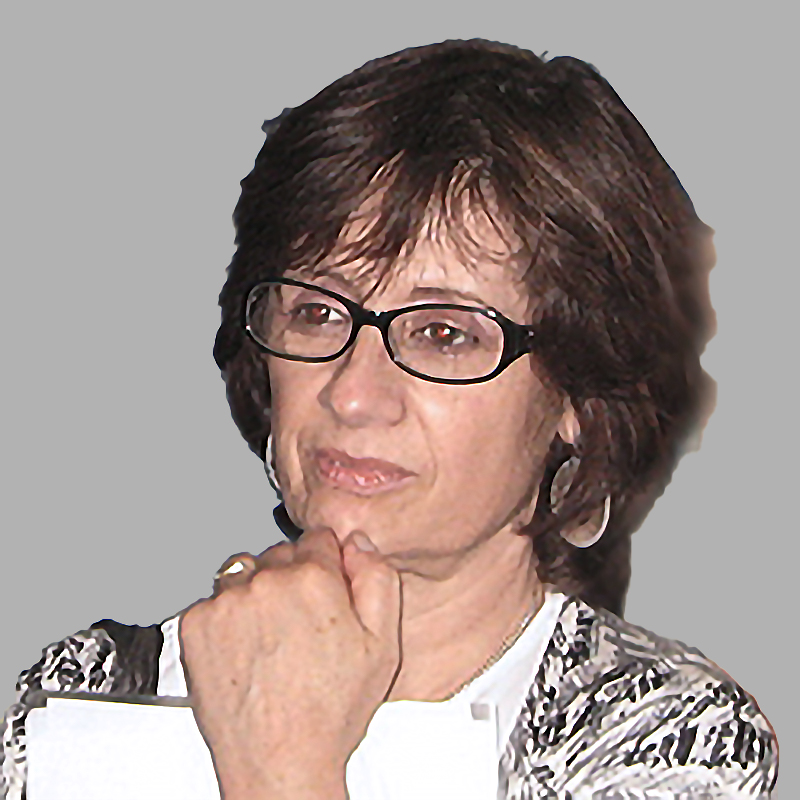Amareswar Galla, Ph.D.
Ambassadors Circle | Executive Director, International Institute for the Inclusive Museum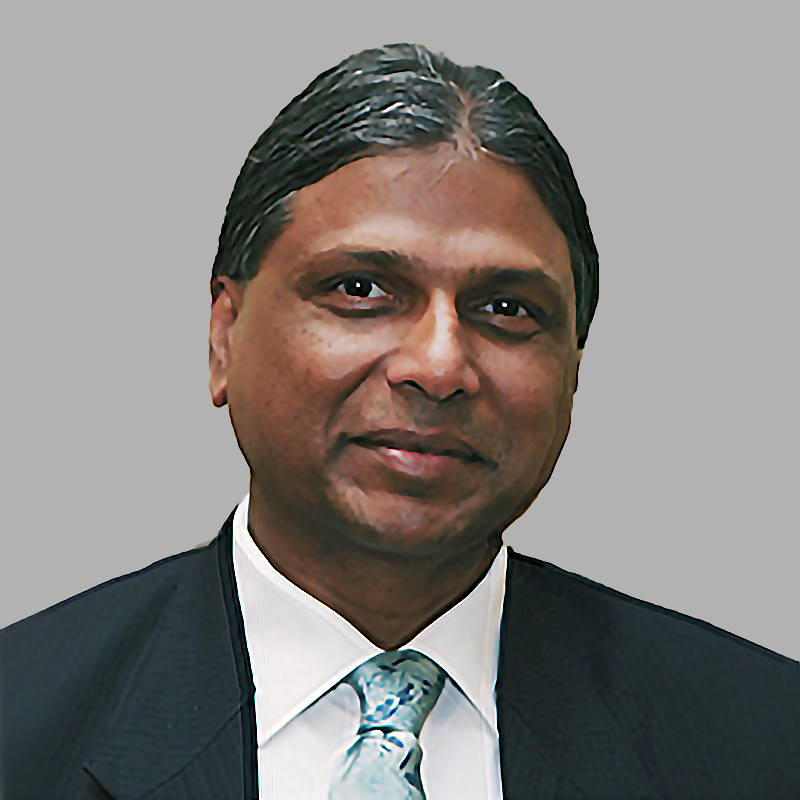
An alumnus of the Jawaharlal Nehru University, New Delhi, Amar is a champion of cultural democracy, cultural rights, gender mainstreaming, inclusive and deep ecology demonstration projects, arts policy development, Intangible Heritage, World Heritage, indigenous peoples, intercultural dialogue and UN Millennium Development Goals (MDGs) and now the UN Agenda 2030 and Sustainable Development Goals (SDGs). He was the Producer and Editor of the flagship project and publication to celebrate the 40th Anniversary of the UNESCO 1972 World Heritage Convention: World Heritage: Benefits Beyond Borders, Cambridge University Press & UNESCO Publishing, November 2012. (French & Korean versions in 2013). The book includes 26 case studies with evidence based analyses of sustainable development and community benefits through good governance, thus becoming a major publication to mainstream culture in development discourse and for promoting integrated planning for all forms of heritage, especially tangible and intangible heritage.
Drawing on his education and experience of affirmative action in India, Amar founded and directed at the University of Canberra, 1985-92, the National Affirmative Action program for the participation of Aboriginal Peoples and Torres Strait Islanders in museums, galleries, national parks and World Heritage Areas in Australia. The success of the program led to invitations to provide technical support for similar programs in Canada, U.S., Brazil, Vietnam, India, China, Norway and several Small Island Development States. During 1994-99, he was the International Technical Adviser for the transformation of Arts Councils, National Museums and Cultural Institutions and the National Parks Board in post- apartheid South Africa. His extensive publication record includes an earlier volume on museum training and transformation guidelines to enable the relevance of museums in Australia to its Indigenous Peoples and Multicultural populations. Heritage Curricula and Cultural Diversity, Prime Minister & Cabinet, Australia 1993.
Amar provided in the recent past strategic cultural leadership in Australia and the Asia Pacific Region as the first full Professor of Museum Studies in Australia at the University of Queensland, Brisbane. Prior to that he was Professor and Director of Sustainable Heritage Development Programs, Research School of Pacific and Asian Studies, Australian National University, Canberra. He was also until recently a Visiting Foreign Professor of World Heritage and Intangible Heritage and mentor for Ph.D. candidates at the University of Split located in the World Heritage City of Split. He has just been appointed as the Honorary Professor at the prestigious Global Change Institute, the University of Queensland.
Amar was a regular visitor at the National Museum of Ethnology, Leiden, working on the implementation of Museums and Cultural Diversity Promotion in the Netherlands; Guest Curator of International Projects with the Vietnam National Department of Cultural Heritage; and Founding Convener of the Pacific Asia Observatory for Cultural Diversity in Human Development in partnership with several bodies. The Observatory is now subsumed into the International Institute for the Inclusive Museum. (https://inclusivemuseum.org/director/) It was part of the Action Plan of the UNESCO 2001 Universal Declaration on Cultural Diversity in the lead up to the 2005 UNESCO Convention on the Cultural Diversity of Contents and Expressions.
Amar is a leading edge creator of knowledge communities that address culture in human development. He is the Founding Editor of the International Journal of the Inclusive Museum (2008-); Founding Editor of the International Journal on Environmental, Cultural, Economic and Social Sustainability (2004-2015) including the On Sustainability Journal Collection, which consists of four refereed journals and an annual review. (https://onsustainability.com/journals); and Co-founder and 2nd and 3rd Editor-in-Chief of the International Journal on Intangible Heritage.
Amar is a prominent UN/UNESCO/UNWTO Adviser on the four pillars of cultural, economic, social and environmental sustainability for the implementation of the UN Sustainable Development Goals and Transforming our world: the 2030 Agenda for Sustainable Development. (director@inclusivemuseum.org) As a full time Curator, he is currently doing extensive field work on the systemic changes that led to the formation of layers of heritage and environment significance, over almost 2400 years, in the birthplace of Mahayana Buddhism – Amaravathi Heritage Town. His research is directly informing cultural planning for India’s first fully planned and aspirational green capital also called Amaravathi in the same state of Andhra Pradesh.

